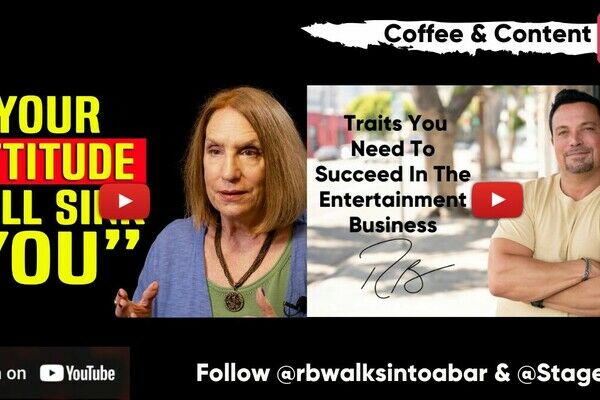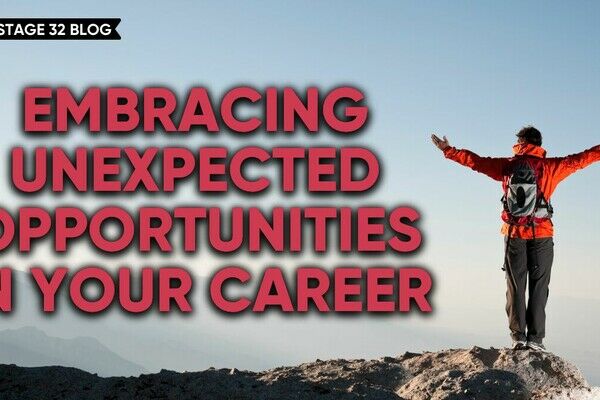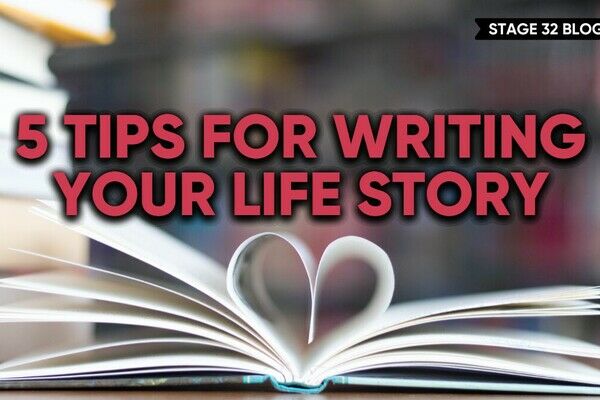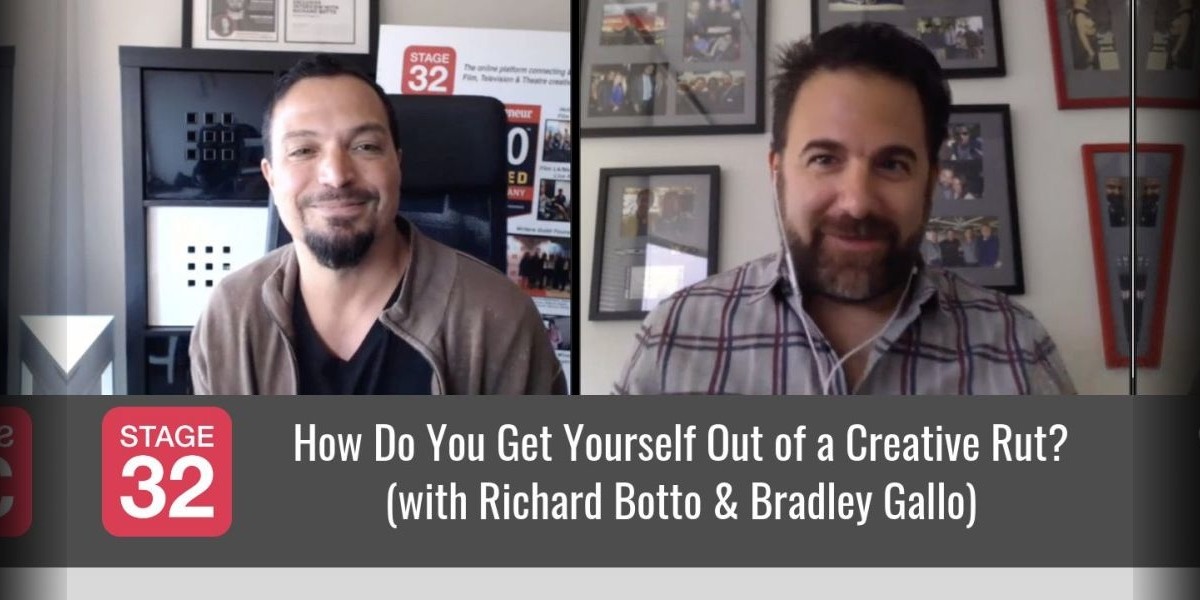The Care and Feeding of the Creative [Feed Your Body, Feed Your Soul]
Food is important: biologically, emotionally, and culturally. To the detriment of all of us, our modern hurry-up culture persuades us that eating, like sleeping, are simply tasks that need to be marginalized for the sake of our productivity. What a lie.
Food feeds not only our bodies, but also our senses. The creative mind is fed not only by the senses, but also by food. Furthermore, when we break bread together we foster community; when we prepare a meal for someone in need, we show compassion on the most concrete level. If you’ve been on a movie set – especially as an extra – craft services treats you in ways that you never imagined with their food. That builds community.
It’s not just about food, however, the care and feeding of the creative. Food is mandatory for health and also serves as a metaphor for the essence of the human condition: we not only survive, but thrive, if we are fed physically, mentally, emotionally, and spiritually. Food itself is a great start for this nourishment, because when we are nourished, we can then nourish others.
How you choose what you eat, where you eat, and with whom you eat makes a big difference in feeling nourished. Conscientiousness about food in turn provides creative fuel for keeping on keeping on – especially when it seems nothing is going in the direction desired. Good food from scratch can be had on a low budget, made in the smallest of kitchens, and created by anyone who’s curious, adventurous, and hungry.
Cooking for yourself ends up being less expensive and more nutritious in the long run because when you buy ingredients for a simple meal – which you can share with one, two, or maybe three other people – you’re choosing what feeds you and buying more than just a single meal. You’ll have stuff for your pantry (that includes the fridge and freezer) and you’ll have leftovers. By the way, that’s a metaphor, not just a literal description.
It’s all in the eggs and how you crack ‘em. More on that in a bit.
1) What Feeds You?

Years ago, a friend of mine – we both worked in the entertainment industry at the time – wanted to get together for dinner, but going to a restaurant was out of our budget. I offered to bring a few things over for a simple supper, and she had coffee and dessert on hand. So what did I bring? An inexpensive bottle of white wine, a baguette, a couple of apples, some cheddar cheese. That was supper. We listened to music and felt like our meal was decadent, even though we were sitting in the living room of her Mid-Wilshire apartment where an army of snails munched on the shrubs by her front door.
I discovered when I was in college in those low budget years that it didn’t cost me much more to make mac ‘n’ cheese from scratch (thanks to Anna Thomas’ “The Vegetarian Epicure” first volume) than getting the blue box which actually has no cheese in it, because the amount of mac ‘n’ cheese yielded by a box of pasta, some milk (there was some left over for another time) and the cheese was several meals’ worth of truly divine mac ‘n’ cheese. And my kitchen smelled heavenly.
2) Food, Setting the Table: Communal Nourishment

Cooking isn’t nourishing just because of the food brought to the table: it’s the creative experience of cooking. Mac ‘n’ cheese is definitely not fancy or complex; however, it is one of the true comfort foods for a reason: it reminds us of childhood. It’s even better if it doesn’t come out of a blue box. Even as adults, our inner child needs feeding. You can also riff off of it – add any extra ingredient you like. It’s a great metaphor for the creative process, because it relies upon basics but allows for improvisation.
Breaking bread together is the foundation of community, which Ian Knauer’s series “The Farm” revealed in a touching way. A Fourth of July barbecue for friends and relatives who were military veterans who had served in either Iraq or Afghanistan featured not just food, but stories. One guest, when asked about what food he ate in Iraq, related an incident that was a quandary.
When he and his fellow soldiers were dropped off in Baghdad, their MREs hadn’t yet shown up (so they had no food). Their encampment was in the front yard of an Iraqi family, who didn’t know about the predicament at all – they just knew they had guests at their home. The family came out – none of them spoke one another’s language – and communicated through gestures that they would bring them supper. The soldiers didn’t know what they were eating, but he said they all found the meal to be delicious. They were grateful for not having to eat MREs and also for forging a bond with an Iraqi family. That’s what feeding ourselves and others creates: bonds, no matter our differences.
Food is a way to welcome others, to comfort others, and also to celebrate special occasions. All of these reasons for eating nourish our body as well as all aspects of ourselves. No matter how humble the home or small the budget, celebrating special occasions with food can be done. The potluck is an outgrowth of that very circumstance: low budget, need to celebrate, reason to bring people together, and everyone brings their specialty to share it with others.
3) Simplicity in Food and Life

The colloquial Chinese greeting translates, “have you eaten yet?” Here’s where the eggs come into play. There’s a lot of recipes a person can create with eggs, just as there’s a lot of stories a creative can create with words. Sunny side up, scrambled, put together with veggies for a frittata or an omelet, poached, hard-boiled, shirred (look it up – they’re good!), baked, steamed…gloriously simple yet unctuous depending upon how you prepare and serve them.
I can’t think of a better analogy for the creative: the biggest nutritional punch from a single food that can become so many different dishes. It’s the ingredient that makes me think: what egg story am I writing today (oh, I mean cooking for this meal….sorry!). Their versatility and affordability makes relying upon fast food and sitting in the car eating a Subway sandwich seem so bizarre. How can anyone feel nourished eating in their car?
Sit down at a table. If not at the fast food place, then at a park, better yet, skip the fast food altogether because the people who prepare it for you are selling a product – they are not nourishing you. Anything but. If all you can do is crack open a couple of eggs and make some toast, you’ve nourished yourself quite well, and exercised your creativity as well.
When we put an effort into nourishing ourselves (and maybe a friend or two or three) we affirm that our existence matters, and that our work as a creative matters. It matters enough to have to buy a few groceries, to end up doing a few dishes, and to have some place inviting to sit down and eat that feeds the entirety of us, not just our belly.
3) Eye Candy: Food for the Soul
 Hiroshige, from “100 Views of Edo”
Hiroshige, from “100 Views of Edo”
For the creative on a budget, making the home as attractive as possible – mostly for oneself, but also for others – results in another form of nourishment. A home is not a hat rack. It’s where we spend a good amount of time – sleeping, preparing for work, making phone calls to find work, marketing ourselves, and I hope making meals that are simple, flavorful, and even if it’s just a grilled cheese sandwich and a bowl of tomato soup, it’s good enough for company, and can help you feel better after a bad day whether you have company or not.
Make the space where you eat look pleasing, rather than settle for four bare white walls in an apartment. If you can have a pet, there’s someone else to nourish, and that in turn will help you feel nourished. Can’t have a pet? Get a house plant (check out NASA’s information on the ten houseplants that also take toxins out of the air). Feeding a plant and trimming off old leaves is a way to nourish another being too.
Whenever we can nourish ourselves, in whatever way, as well as nourish others regardless of whether they have two legs, four legs, wings, or just leaves and maybe some flowers, we restore our ability every day to continue to be what we are meant to be – creatives.
For more ideas:
Ian Knauer & Veterans Sampling MRE’s: https://www.youtube.com/watch?v=ann8tf50Ohs
Ming Tsai/The Perfect Omelet: https://www.youtube.com/watch?v=1JXF9E-q5kU
Other Stage 32 posts by Isabeau:
Why Creatives Need Down Time (And What Happens When You Don't Take It)
Following Flaubert's Advice: Survival Skills for the Writer

Isabeau Vollhard is the scriptwriter for "2gether 4ever in the Hinterland", a dystopian romance screenplay submitted to Stage 32 for their 2019 contest. She is also the author of the science fiction/detectiv speculative fiction e-book series, The Casebook Of Elisha Grey, set in Atlantis during the Second Era.
Let's hear your thoughts in the comments below!
Got an idea for a post? Or have you collaborated with Stage 32 members to create a project? We'd love to hear about it. Email Joleene at joleene@stage32.com and let's get your post published!
Please help support your fellow Stage 32ers by sharing this on social. Check out the social media buttons at the top to share on Instagram @stage32online Twitter @stage32 Facebook @stage32 and LinkedIn @stage32
| 2 New Yorkers in Hollywood: How Do You Get Yourself Out of a Creative Rut? (with Richard Botto & Bradley Gallo) |
| Huge Successes in October and a Busy November Ahead for Stage 32 Writers! |
Search Stage 32 Blog
There are now 3681 blog posts for you to enjoy. Search them all by tags below.
Acting, Advice, Cinematography, Coffee & Content, Composing, Contests, Distribution, Featured, Filmmaking, Financing, Inspirational, Networking, Producing, Screenwriting, Success Stories, Tips, Trending,Relevant Tags
Recommended Articles

Coffee & Content: Traits You Need To Succeed In The Entertainment Business

Mapping Out a Multi-Season Story Part 2: Where Do You Get Ideas For This Much Story?

Red Carpet Roll-Out: December 2024's New Executives & Education at Stage 32!

Embracing Unexpected Opportunities In Your Career

6 Steps To A Successful Writing Partnership

Stage 32 Founder & CEO Richard "RB" Botto Featured in Grey Journal: Highlights From AFM 2024!

New Feature: Stage 32 Writers Are Now Spotlighted With Unique Badges!

5 Tips For Writing Your Life Story

Advice For Screenwriters From An Award-Winning Producer & Repped Screenwriter






